Vélez Rubio in Almeria province, Andalucia is built in the Vélez classical style and dates from the 16th century AD.
By Nick Nutter | Updated 25 Aug 2022 | Almería | Villages |
Login to add to YOUR Favourites or Read Later
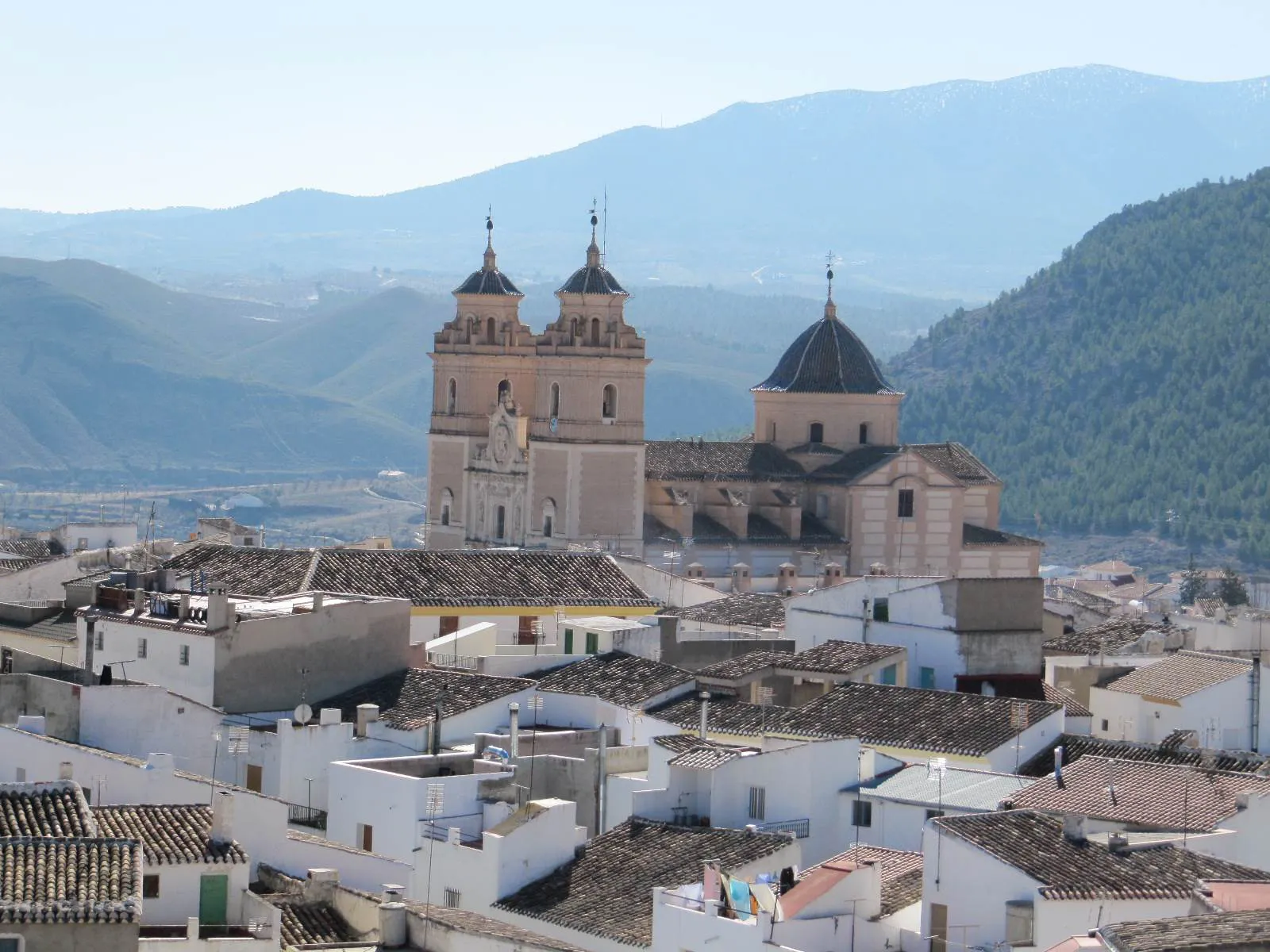
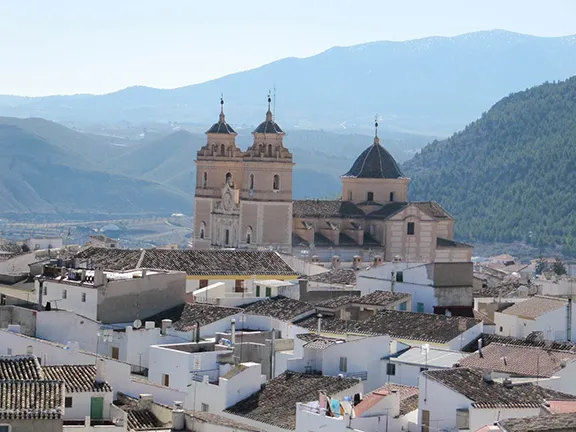
Vélez Rubio
As you enter Vélez Rubio along the Avenida de Andalucia, your first sight of the town is a very modern looking Roman Triumphal Arch called Puertas de Lorca set on a roundabout. Considering this small town only dates to the 16th century you may wonder at the reason for such a presumptuous edifice.
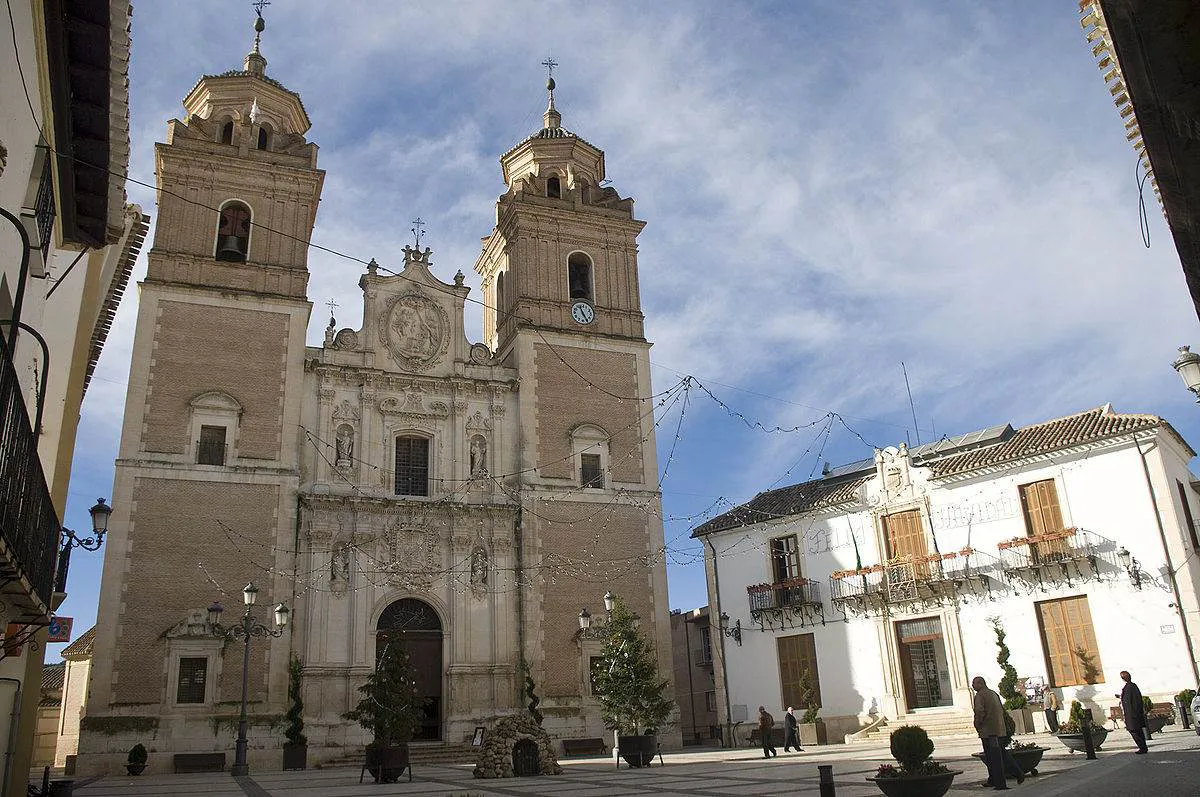
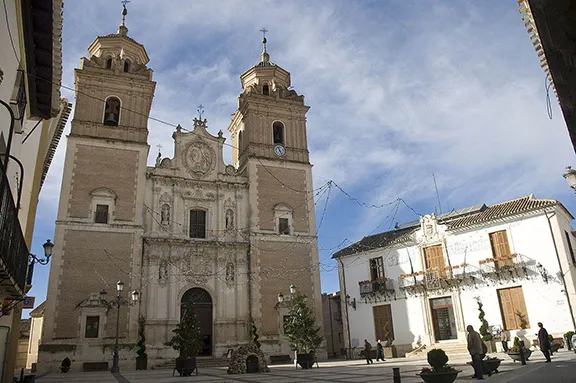
Iglesia de La Encarnación
The modern town expanded from a small nucleus surrounding the 16th century Iglesia de San Pedro. That church was replaced in the 18th century by the Iglesia de La Encarnación. This church, built by the Marquises of Villafranca y Vélez is considered by many to be the finest example of religious Baroque architecture in the region of Almeria. Its two square towers dominate the centre of town. Nearby are three more buildings worth seeing for their Baroque architecture, the 17th century Iglesia de Nuestra Señora del Carmen, the Hospital Real and the Palacio de las Catequistas. The Hospital Real also houses the Miguel Guirao Archaeological Museum, that has exhibits in seven rooms that take you from the Palaeolithic era to the present day.
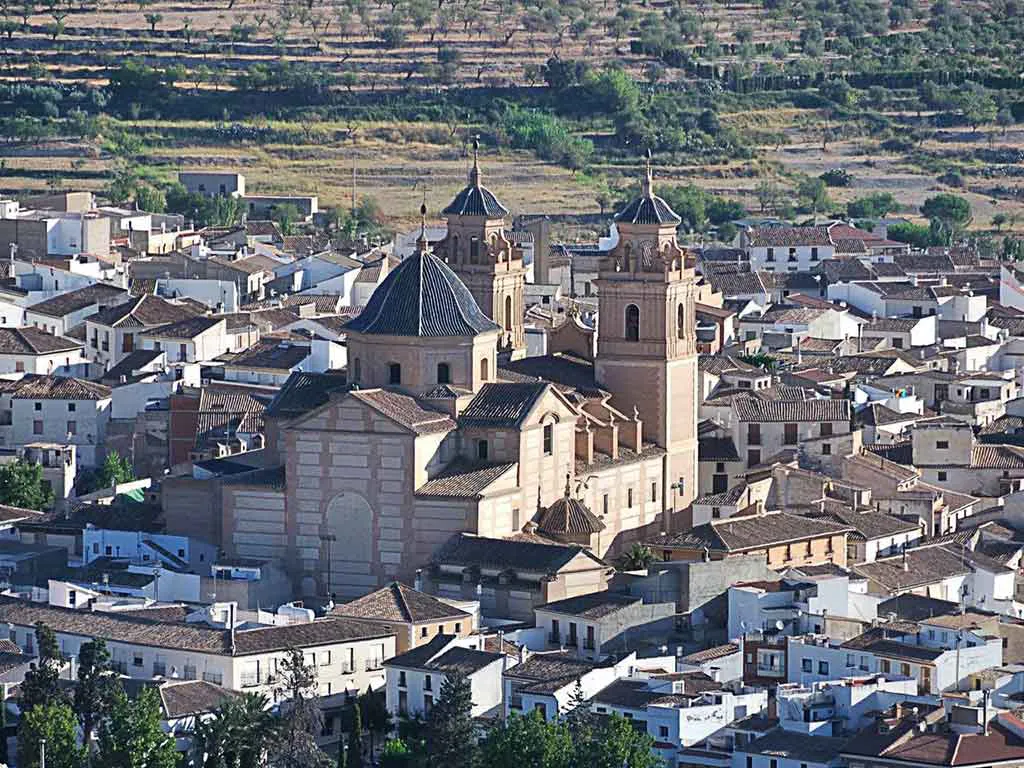
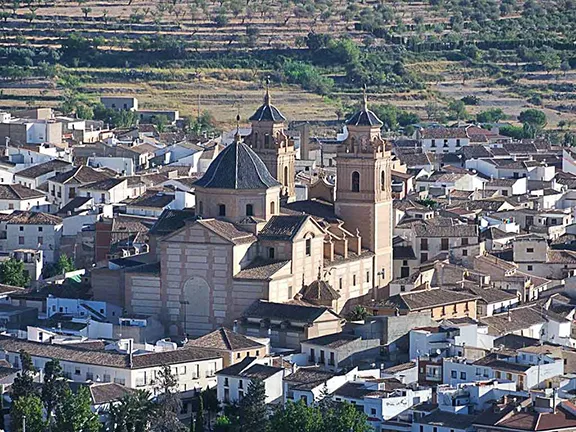
Vélez Rubio
The 17th and 18th centuries were the most prosperous for the town as a whole but not for the majority of the population. The elaborate Baroque mansions and houses that make up a great deal of the town were owned by a small number of landowners who possessed most of the land until serfdom was abolished in the late 19th century. Still, their legacy is a very elegant urban environment that has earned itself a place in architectural history. The exuberant Baroque style they adopted is now known as Vélez Classical.
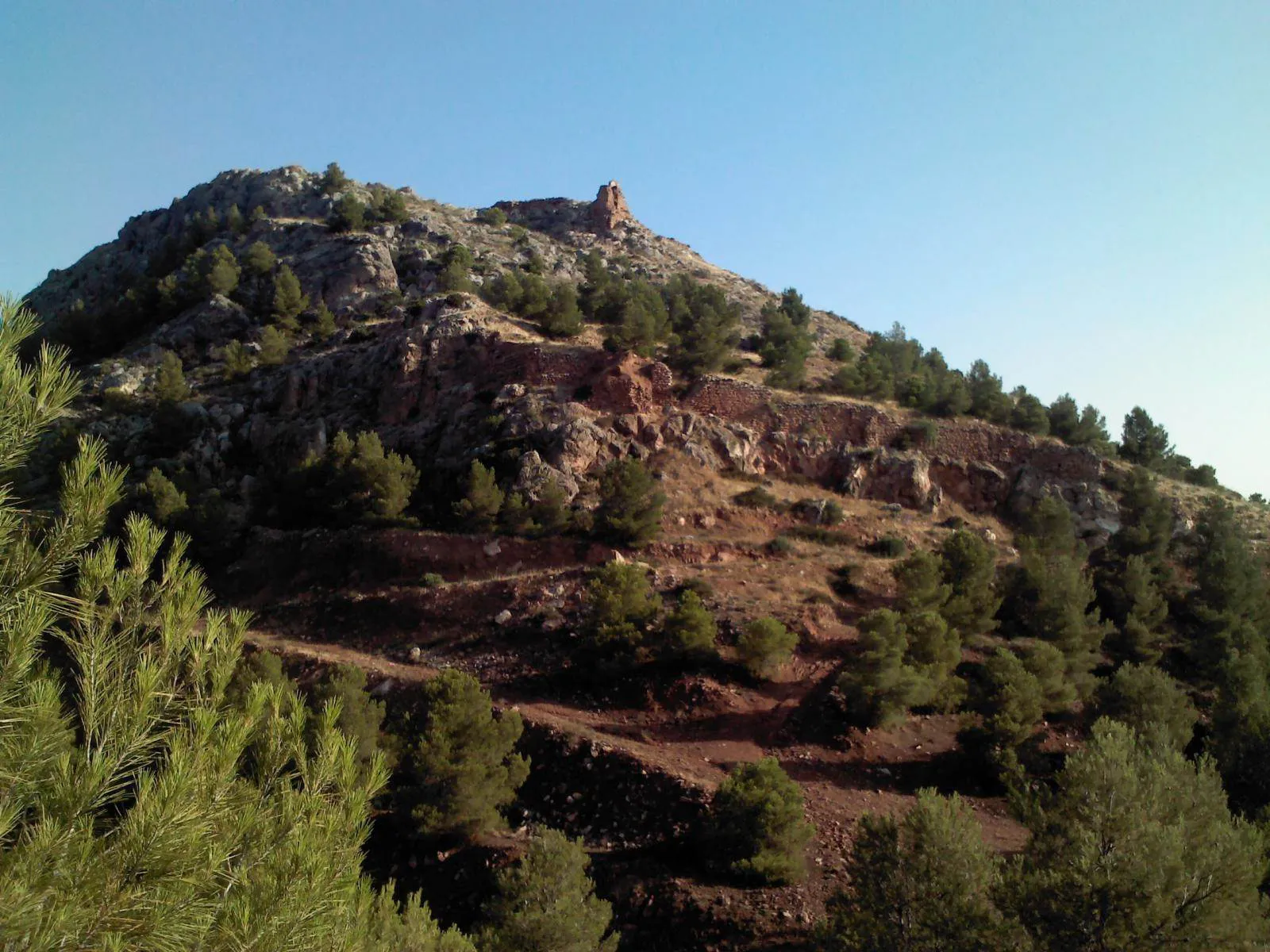
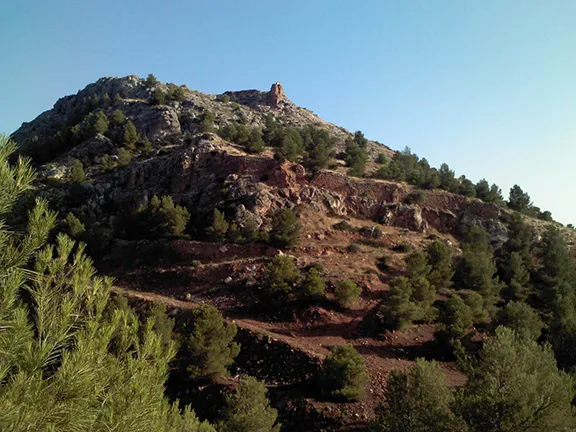
Cerro el Castellón
Vélez Rubio, and the ancient settlement before it, known as Velad al-Ahmar on nearby Cerro el Castellón, is on the old Roman road, the Via Augusta that ran from Cadiz to Cartagena. However that may not be the sole reason for the triumphal arch. The structure was built in 2007 (AD). It was designed in a Neoclassical style and built with limestone ashlars. The shield of Vélez Rubio, that also happens to be the coat of arms of the Marquesses de Los Vélez, is above the main arch. The Puertas de Lorca is the name of the roundabout. The local council decided it looked a bit bare.
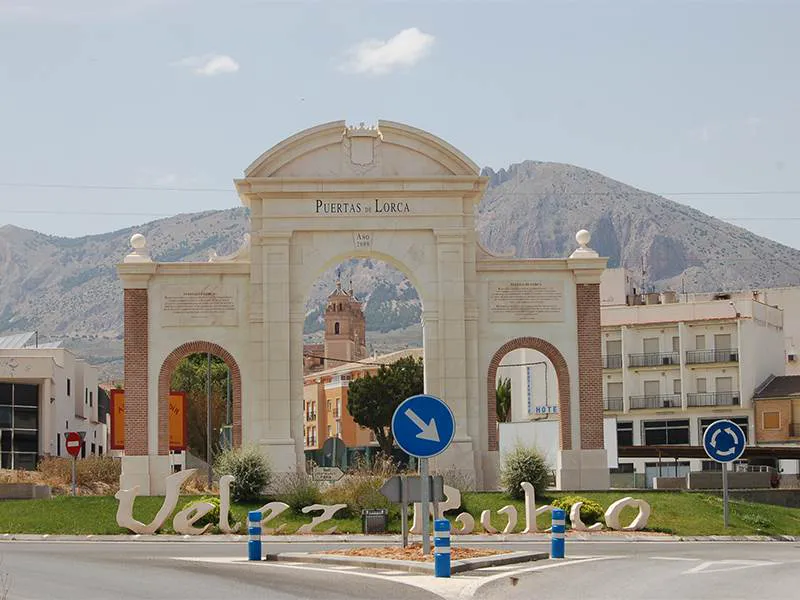
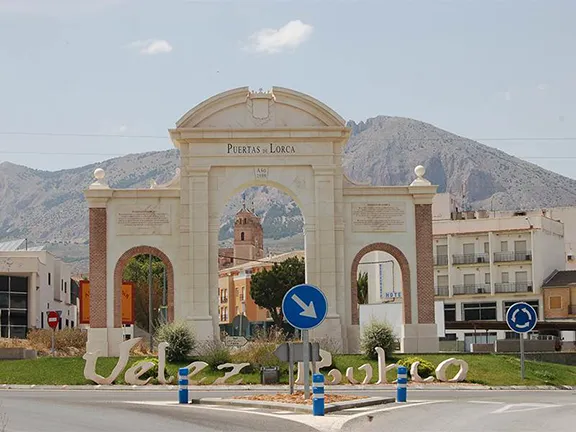
Puerta de Lorca